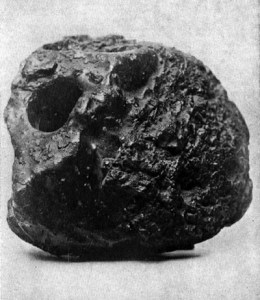 |
| Example of Explosive Device Disguised as Coal (militaryhistorynow.com) |
CONFEDERATE STATES OF AMERICA, WAR DEPARTMENT, Richmond, Va., March 12, 1864.
Captain John C. Kay is hereby authorized to enlist in his company for 'special service on the Mississippi River" a number of men not exceeding fifty. They are to be enlisted from localities within the lines of the enemy exclusively. The company to be subject to the rules and regulations of this Department for such organizations; to be subject to being disbanded at its pleasure, and to operate under the instructions of department and district commanders and under such restrictions as may be prescribed by them in this Department. The service to be without pay or other compensation than the percentage of loss or injury to the enemy's property, to be awarded by an officer or officers charged with that duty by this Department, in no case to exceed 50 per centum.
J. A. SEDDON,
Secretary of War.
Official Records, Series IV., Vol. III., Part 1, Page 210.
Little is known of Kay, although it appears he was from Missouri. On the heels of another award of such authorization for acts of sabotage days previous, it appears Richmond was preparing to augment war efforts through means other than traditional warfare. The study of the Confederate secret services is a neglected area of study. The increase in such activities at this point in the war raises the question whether the Confederate government had by 1864 realized the war was not to be won in a traditional sense and was planning other means of resistance. This line of thought has been pursued by scholars of the Lincoln assassination.
No comments:
Post a Comment